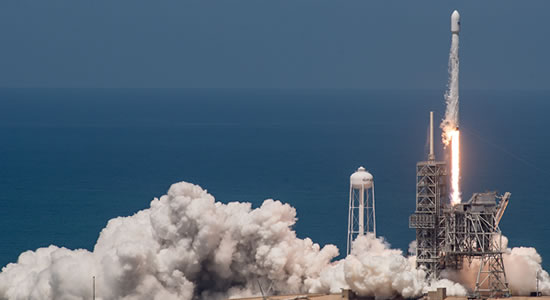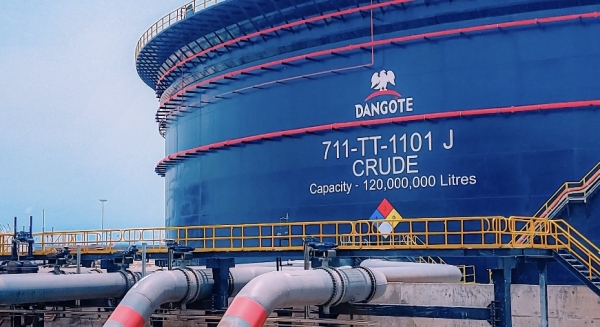This afternoon, SpaceX launched its second Falcon 9 rocket of the year from Florida, but the company chose not to land the booster after takeoff and instead dispensed it in the ocean. SpaceX usually tries to land Falcon 9 first stages during such liftoffs, either on a "drone ship" at sea or back on terra firma, so the boosters can be reused. But the company didn’t to that instead the first stage came in for a sort of mock touchdown over open ocean off the Florida coast.
In a weird twist, the Falcon 9 still managed to survive its fall into the deep sea waters and is bobbing intact in the Atlantic.
A few hours after the launch, SpaceX CEO Elon Musk revealed why this Falcon 9 first stage had no landing platform.
"This rocket was meant to test very high retrothrust landing in water so it didn’t hurt the droneship, but amazingly it has survived. We will try to tow it back to shore," Musk said via Twitter, where he posted a photo of the booster floating atop the waves.
SpaceX also launch sent a heavy satellite into a high orbit for the government of Luxembourg.
Typically for missions of this kind, SpaceX will try to land the Falcon 9 on one of the company’s autonomous drone ships in the ocean after launch. However, SpaceX announced before the flight that it wouldn’t try to recover this rocket, even though this particular rocket has landed before.
The company didn’t give a reason why, though there was speculation that the decision had to do with this Falcon 9 being an older iteration of the rocket. Plus, SpaceX likely needed its Florida drone ship for the upcoming Falcon Heavy launch next week.
But though there wasn’t a drone ship in place to catch the Falcon 9’s fall, the rocket still went through all the steps of landing: it re-ignited its engines three times in a series of landing burns to lower itself down gently to Earth.
Who knows what type of condition the Falcon 9 will be in when it gets back, though. Salty sea water has been known to cause damage to spacecraft before, and it seems doubtful this rocket will fly again. But if it does, it will have definitely defied the odds.





















